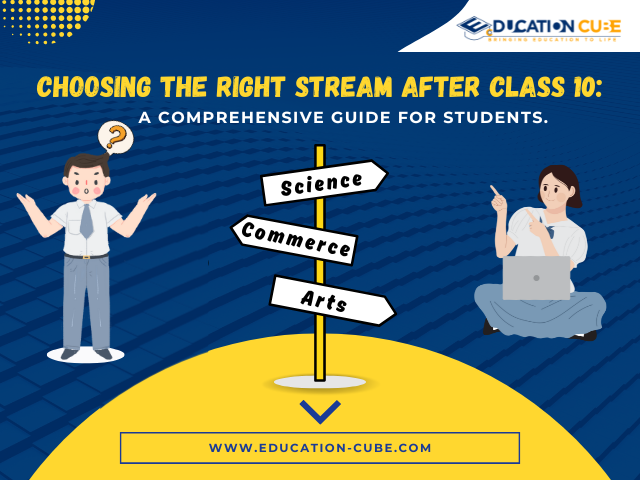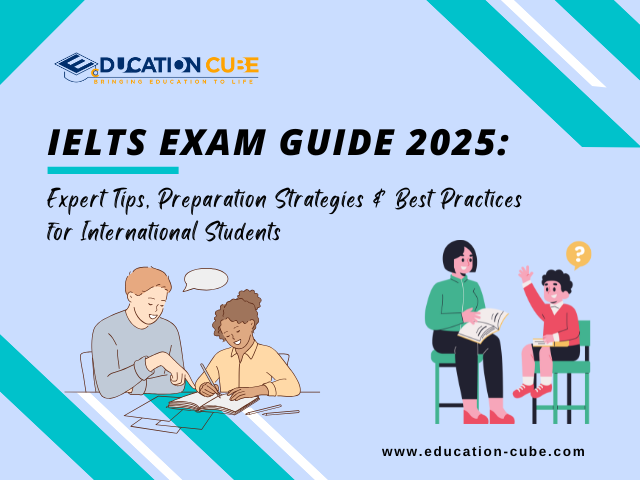
The Language of Influence: How Effective Communication Empowers Students
Let's delve into how communication empowers students to excel academically, socially, and professionally.
Fosters Understanding
Effective communication fosters understanding. When educators communicate clearly and concisely. Students are more likely to grasp complex concepts and engage actively in learning. Educators can bridge the gap between abstract theories and real-world applications by using language that resonates with students’ experiences and perspectives. This clarity in communication enhances academic performance and cultivates a sense of confidence and self-assurance among students.
Nurtures a Positive Learning Environment
When student feel heard, valued, and respected, they are more motivated to participate in class discussions, collaborate with their peers, and take ownership of their learning journey. By fostering open communication channels, educators create a safe space where students feel comfortable expressing their thoughts, asking questions, and seeking clarification. This inclusive environment promotes academic success, strengthens interpersonal skills, and fosters empathy and understanding among students.
Enhances Critical Thinking & Problem-Solving Skills
Through meaningful interactions with their educators and peers, students learn to analyze information critically, evaluate different perspectives, and formulate well-reasoned arguments. By encouraging dialogue and debate, educators challenge students to think outside the box, consider alternative viewpoints, and explore creative solutions to complex problems. This ability to communicate effectively and think critically is essential for academic success and success in the workplace and beyond.
Cultivates Leadership & Collaboration Skills
In today’s interconnected world, the ability to work effectively in teams and lead with influence is indispensable. By providing opportunities for students to collaborate in group projects, engage in peer-to-peer feedback, and participate in extracurricular activities, educators empower students to develop essential teamwork and leadership skills. Through effective communication, students learn to inspire and motivate others, delegate tasks, and resolve conflicts constructively, preparing them to thrive in diverse professional settings.
Builds Resilience and Adaptability
In an ever-changing world, the ability to communicate effectively across different platforms and media is essential. By integrating technology into the learning process and encouraging students to communicate through various channels, educators equip students with the skills they need to navigate the digital landscape confidently, whether it’s writing persuasive essays, delivering presentations, or participating in virtual discussions, students learn to adapt their communications style to different academics and contexts, preparing them for success in an increasingly globalized society.
The language of influence is a powerful tool that empowers students to excel academically, socially, and professionally. By mastering the art of effective communication, students develop the skills they need to succeed in academics and beyond. From fostering understanding and nurturing a positive learning environment to enhancing critical thinking and problem-solving skills, effective communication is the key to unlocking a student’s full potential. As educators, parents, and mentors, it is our responsibility to cultivate a culture of communication that inspires, empowers, and transforms the lives of our students.
 Software Developer: Powering the Digital World Through Innovation
Software Developer: Powering the Digital World Through Innovation
 Global Pharmacy Programs: Elevate Your Career with World-Class Education and Practical Exposure
Global Pharmacy Programs: Elevate Your Career with World-Class Education and Practical Exposure
 Artificial Intelligence (AI) and Machine Learning (ML) Careers: Building the Future of Innovation
Artificial Intelligence (AI) and Machine Learning (ML) Careers: Building the Future of Innovation
 Beyond Rankings: How to Choose the Right Country and University for Higher Studies
Beyond Rankings: How to Choose the Right Country and University for Higher Studies
 Study Cloud Computing Abroad: Destinations, Courses, Careers & Trends for 2025
Study Cloud Computing Abroad: Destinations, Courses, Careers & Trends for 2025
 Choosing the Right Stream After Class 10: A Comprehensive Guide for Students
Choosing the Right Stream After Class 10: A Comprehensive Guide for Students
 IELTS Exam Guide 2025: Expert Tips, Preparation Strategies & Best Practices for International Students
IELTS Exam Guide 2025: Expert Tips, Preparation Strategies & Best Practices for International Students
 A Comprehensive Guide to Writing a Letter of Intent for Higher Education
A Comprehensive Guide to Writing a Letter of Intent for Higher Education
 Study in France: A Comprehensive Guide for International Students
Study in France: A Comprehensive Guide for International Students
 International Relations & Political Science: Studying Global Affairs Abroad
International Relations & Political Science: Studying Global Affairs Abroad
00 Comments
Leave a Comment